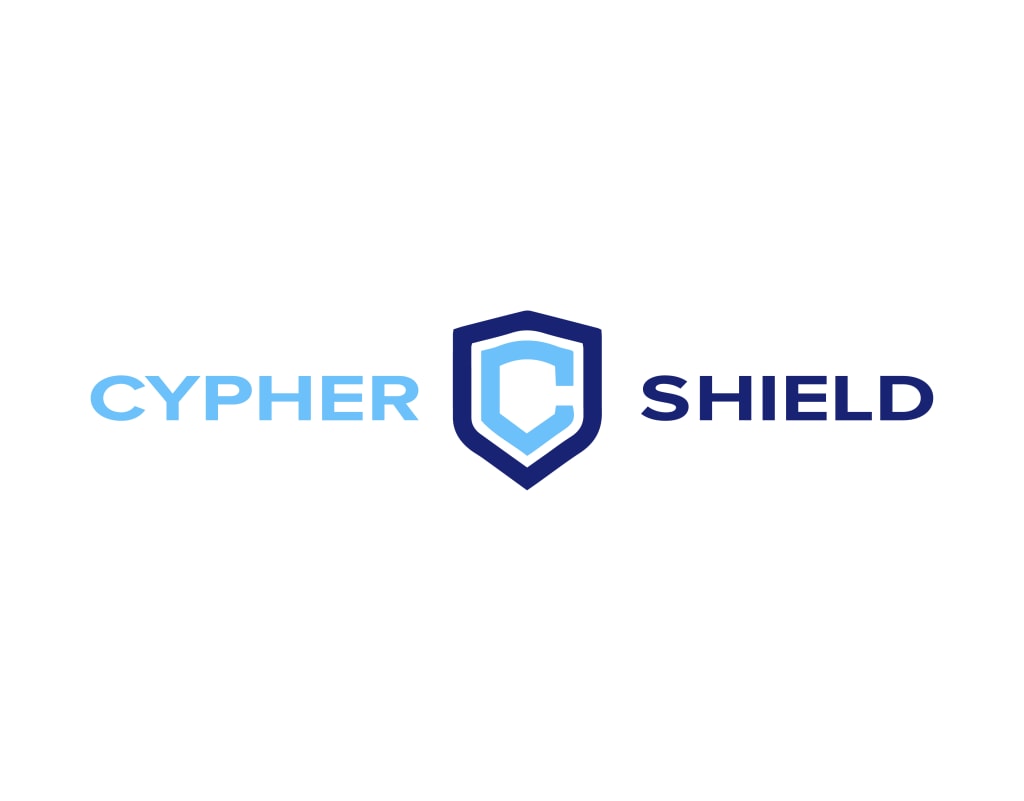Common NFT Scams and Security Tips
Nft smart contract audit

With NFT scams becoming more sophisticated, it's easier than ever for anyone to fall prey to them. In this article, we focus on NFT scams, so you don't lose your digital collectibles before you make a profit.
NFTs have taken the world by storm, disrupting the art world and many other industries. While cryptocurrency enthusiasts see this as an exciting sign that crypto adoption is starting to catch on, it's hard to tell who is a trustworthy creator and who is acting in bad faith in the new space.
The growing widespread interest in NFTs has made many popular NFT project communities subject to phishing attacks. This has led to active discussions on how to best protect your NFT assets.
Since the NFT space is still in its infancy, it is very important to stay on top of common scam tactics and the latest in NFT safety and security .
Read on to learn more about how you can spot red flags and keep your NFTs safe.
NFTs are attractive to many, including scammers
With the use cases of NFTs increasing significantly, these digital assets point to a new era of the digital world. The potential of NFTs has piqued the interest of many, including major tech companies and celebrities.
However, because the NFT space can still be considered to be in its Initial Coin Offering (ICO) stage, the framework on which it is based remains vulnerable to those acting in bad faith and looking to take advantage of new trends. and emerging technology.
But what is it that gives value to an NFT? Paying five or six figures for a JPEG sounds like a lot, but what makes NFTs valuable is their utility and uniqueness. NFTs basically create a permanent digital record of your sole ownership of the asset on the blockchain and guarantee authenticity.
For some, owning a digitally tokenized piece of art can serve as a ticket to exclusive online communities , chat rooms, and interactive experiences.
However, there are some common scams to watch out for:
The 7 most common NFT scams
1. Fake markets
If you are thinking of investing in your first NFT, the first thing you should do is find a platform where you can buy and sell NFTs. A quick Google search will return millions of results, but sadly there are many fake NFT markets among them. These fake sites do not have legitimate NFTs, so if you buy one of them, the site will record your credentials from your transaction details. Furthermore, these sites may even request your private keys or 12-word security seed phrases and use them to withdraw all your assets from your digital wallet.
To avoid these scams, always choose legitimate NFT exchanges, such as Binance NFT , for your cryptocurrency transactions, and never enter your information in links, pop-ups, or emails.
As a general rule, you only need your seed phrase when creating a hardware backup of your crypto wallet or to recover your wallet.
2. Fake offers
NFT scammers often pose as legitimate NFT trading platforms and send you fake emails claiming someone has made an offer on your NFT. These phishing emails aim to get you to click on the link included in the message that takes you to a fake NFT marketplace.
Like all other phishing scams, the link takes you to a fake page where you will be asked to link your digital wallet and submit your seed phrase, which will allow hackers to access your wallet.
To avoid these types of NFT scams, always check and verify the sender address of any email received from an NFT exchange.
3. Fake Tech Support
Another common scam is messages from Customer Service or Technical Support representatives. For example, say you're having technical difficulties on a popular NFT marketplace and you ask for help on a public forum like Discord. Someone who claims to represent that market offers to help you.
The fake support agent might ask you to share your screen to verify what's going on, causing you to inadvertently reveal your cryptocurrency wallet credentials.
By doing this, the agent can take screenshots of your seed phrase or QR code linked to it. The scammer could also redirect you to a website that looks almost identical to the original one. It would then convince you to enter your personal information, such as your seed phrase. This leaves your digital wallet vulnerable to theft.
How do you avoid these types of scams and keep your NFTs safe? Just ask for help through the official NFT marketplace and double check the domain of the site. Some scammers might send you fake security alerts about your NFT account or collection, but the tactics are similar. Do not click on anything before verifying its legitimacy.
4. Fake gifts
Scammers may self-identify as employees of popular NFT platforms and contact you via social media to ask you to join their NFT giveaway campaign. They might promise you a free NFT if you spread the word about the giveaway and sign up for an account on their website, a phishing site.
And once they've got you to link your digital wallet credentials to receive your gift, they'll record what you type, gain access to your account, and potentially steal your NFT library.
To avoid falling for this type of NFT scam, be sure to check that person's social media accounts and verify that the link you received from the person matches the company's legitimate domain name.
5. Rug pull scams
Rug pull scams occur when a person or a group of people releases a preliminary collection of NFTs to start a large project that the team supposedly plans to develop over time with a video game component, merchandise, or event. Rug pull occurs when these people disappear with the millions of dollars raised before any of the promised actions can take place. In many cases this happens quickly, but there have also been cases of slow rug pulls where the project is gradually abandoned, with a lack of updates and new development.
The best way to avoid falling for a rug pull scam is to do your own research (DYOR). Research the team behind the project and assess their long-term business plans.
Follow the project on Twitter, Discord or other public forums, because for an NFT project to have good liquidity or lasting artistic value, there should be a sizable active community of committed investors.
6 . Counterfeit NFTs
Coining a digital file as an NFT does not make it a new piece of intellectual property or give you ownership of the file. This simply turns a digital file into something you can store on the blockchain.
Fraudsters can easily steal a digital creator's work and open an account on an NFT marketplace where they post the counterfeit piece up for auction.
If you buy the counterfeit NFT, this would make your NFT worthless once the community realizes that it is not the real NFT, and there would be no way for you to get your money back.
How can you avoid this scam? Before bidding on an NFT, check the seller's Discord or social media profile for a check mark for added credibility.
Also, instead of searching for a collection directly on an NFT marketplace, use the creator's official social media account link and bookmark the page to prevent phishing. The potential problems you face from not doing your own due diligence are many, and a simple web search will help you uncover numerous scam stories.
7 . Inflation and sale schemes
Another thing to keep in mind are the so-called inflation and sale schemes.
The term refers to when a person or a group aggressively buys a ton of NFTs to artificially boost demand.
They do this within a short period to make the NFT appear popular, and once it gets noticed, they make a profit by selling it at a price they are happy with. They leave the highest bidders with assets that are worthless.
That being said, always check the transaction history of the NFT you wish to purchase. Multiple transactions made around the same date could indicate a sell-off scheme.
How to protect yourself from NFT scams?
Now that we've covered some of the most common NFT scams, here are five tips you can follow to protect your NFT collection online.
Don't click blindly: Never click links or attachments from unknown sources. And when it comes to seeking help regarding issues on an NFT platform, always go to the official customer support on official NFT exchange sites for assistance, rather than responding to someone who contacted you via other platforms, such as social networks.
DYOR on NFT Projects: Do a thorough review of the project website, roadmap, social media channels, and creator bios before investing in your NFTs to assess long-term value of your investment.
Check the contact address: The address should specify where the NFT was minted. If you're not sure, check the creator's website to make sure the information is genuine.
Be smart with your wallet credentials: Keep your seed phrase in a safe place and don't share it with anyone or keep a picture of it on your phone. Also, use strong passwords and enable two-factor authentication (2FA) to enhance the security of your accounts.
Use legitimate wallet apps and browser extensions: There are plenty of rogue apps posing as official ones. Download your wallet app or browser extension from the legitimate official site to avoid falling victim to phishing.
In conclusion
Although it is clear that the technology behind NFTs has the potential to revolutionize the digital world, the NFT space is still at an early stage. All the hype in the space can make it difficult to determine who is a trustworthy creator and who is looking to act in bad faith. So stay alert and always do your DYOR before investing in a digital asset. Our NFT audit services include a structured audit process where our industry-leading security experts scrutinize your smart contracts. We provide thorough analysis of your NFTs and certify them for the public through a report.





Comments
There are no comments for this story
Be the first to respond and start the conversation.